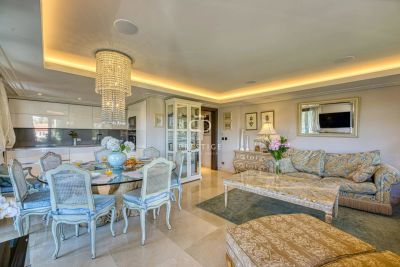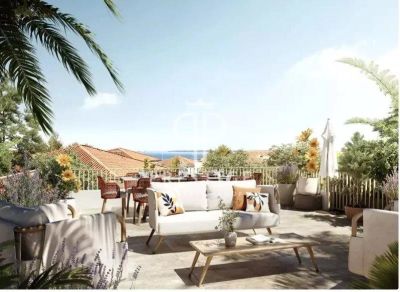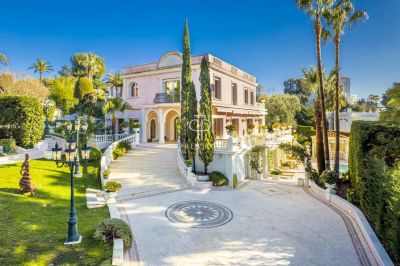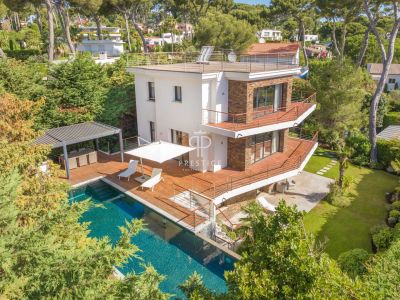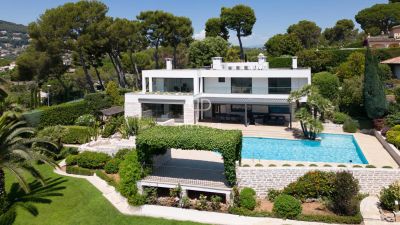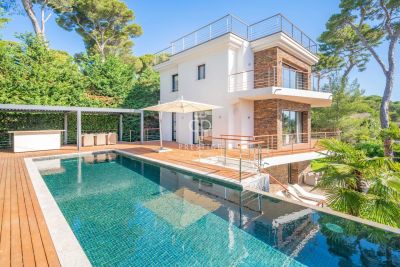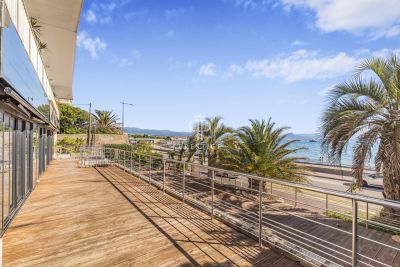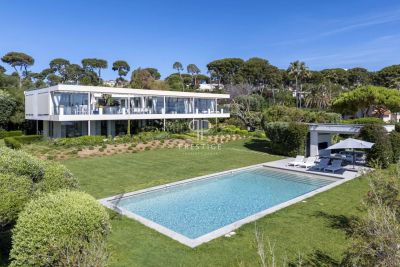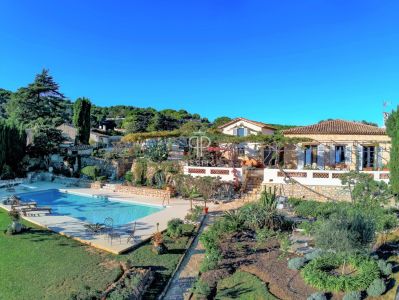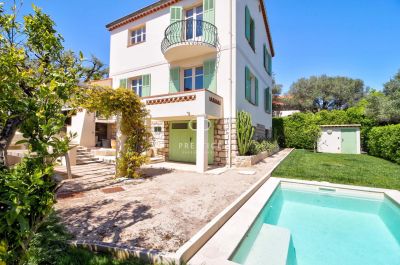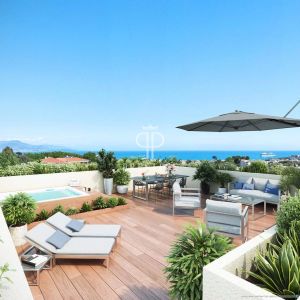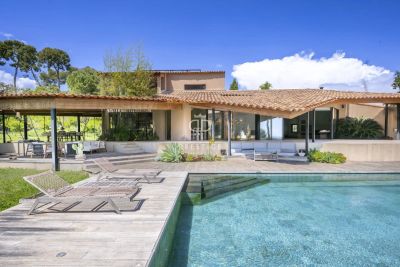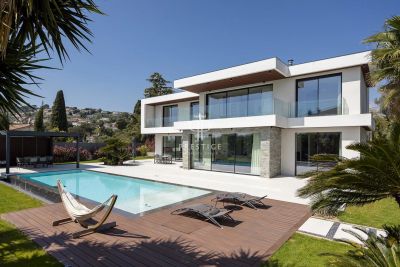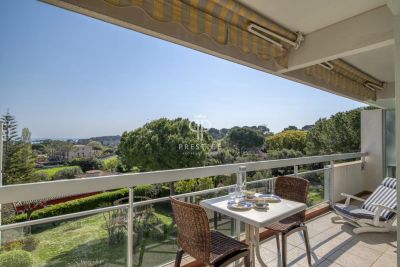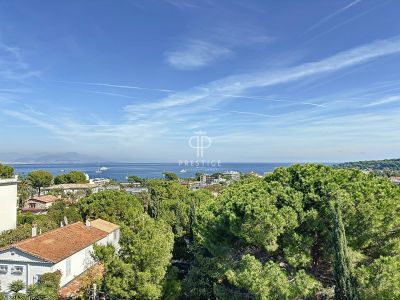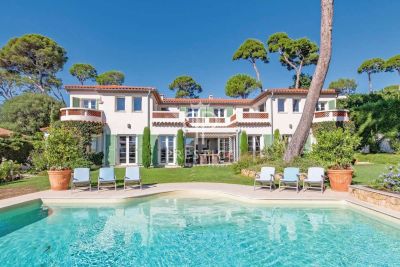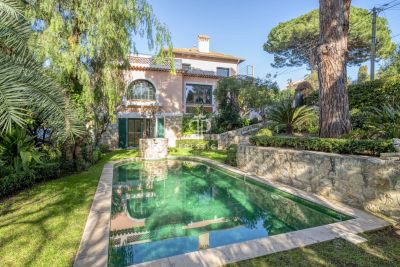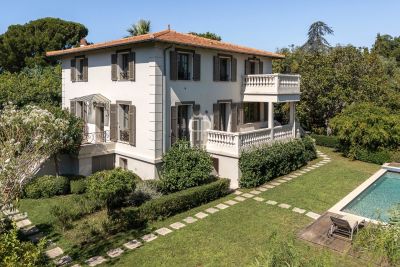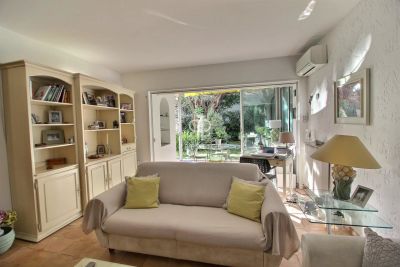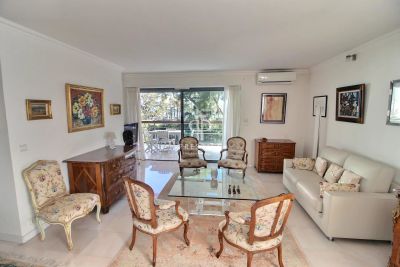Antibes Property
Area Guide
The resort town of Antibes lies in the highly desirable Cote d’Azur of France, in the Alpes-Maritimes department, and nestled between the famous towns of Cannes and Nice. The commune includes the town itself with its Mediterranean coastline, the nearby village of Juan-les-Pins, located to the south on the Golfe Juan bay, and the exclusive peninsula of the Cap d’Antibes. Antibes property can be found throughout these main areas, as well as the surrounding districts, and each has something distinct to offer potential buyers.
Despite having ancient origins, founded in the 5th century BC, Antibes is generally a modern and forward thinking town, with a relatively young population. The world-renowned technology park employs many of the area’s brilliant minds, building the town’s reputation as a place for wealthy young professionals, and much of the atmosphere of Antibes itself fits with this ethos. The old town, with its beautiful ancient townhouses that have often been thoroughly internally modernised make especially popular Antibes property choices with young foreigners moving to the town. Do not buy Antibes property in the main urban centre of the town for traditional cultural festivities however, as while there are many festivals held throughout the year, these are largely celebrations of modern music, contemporary activities and sports, as befits the atmosphere of the town as a whole. Sport is an important part of the culture of the town, with many opportunities for sport and fitness located near to any Antibes property, whether purpose built facilities, or simply beautiful open spaces such as parks and long beaches to enjoy a personal fitness regime under the glorious Mediterranean sun.
Juan-les-Pins is often considered the most vibrant area in which to buy Antibes property. There is a high concentration of entertainment venues, including restaurants, bars and nightclubs, and live music is a speciality in this area. Juan-les-Pins is well known for its excellent Jazz venues, and the annual outdoor Jazz festival held in July is known worldwide as one of the best. The area is primarily known as Antibes premier resort destination for the more discerning second home owner of Antibes property or tourist, and therefore Antibes property in Juan-les-Pins generally has additional good holiday rental potential. While there are a staggering 48 separate beaches along the 25km coastline of Antibes, some of the best are considered to be in Juan-les-Pins.
The Cap d’Antibes peninsula remains the most desirable and exclusive of the three main areas in which to buy Antibes property. Surrounded almost on all sides by the uninterrupted panoramas of the sparkling Mediterranean, Antibes property located here is almost guaranteed a stunning sea view. The Cap is also largely wooded and unspoiled, resulting in a secluded feel to much of the Antibes property here. There are several exclusive and self-contained developments, built to the highest standard, and new regulations designed to protect the unspoilt and under-developed nature of the area ensure that Antibes property in the Cap d’Antibes will remain exclusive and highly desirable.
Antibes as a whole is a delightful place in which to buy any Antibes property. It combines interesting historic buildings, such as the 17th century fortress of Bastion St Andre with a modern way of living and exceptionally high living standards. The climate is typically Mediterranean, with long, hot summers and mild winters, and the Cote d’Azur has some of the best beaches and seascapes in the world. The French Riviera as a whole is also known for its many great harbours and marinas, and Antibes is no exception with a total of 5 ports, mooring nearly 3,000 vessels of various sizes. All this combines to make Antibes property some of the most desirable in the world.
Buying a Property in France
1. Signing the Agreement (Compris)
On finding a property you wish to purchase you will need to negotiate the terms, price and conditions of the sale with the owner.
The next step, once you are in agreement, is to sign the preliminary contract (Compromis de Vente). This is a legal document and after ten days will be binding on both parties. Rules change frequently in France and it is best to consult with your notary about when this period starts. Generally the compris will be signed in France with the Agent.
Variants can be included in the compris, for example an Acte (clause) can be added if the name or names to go on the title deed have not been finalised. If a mortgage will be required to purchase the property, the details for this, including the name of the mortgage company, must be on the compris.
2. Paying the Deposit
Generally the deposit will be 10% of the agreed purchase price. This will normally be paid to the notaire. There are exceptions to this, if the agent holds a carte professionelle, is bonded and fully registered then you may pay them, but do not hand over the deposit to anyone else. If for some reason the purchase does not go through, for example, if you write to the notaire and the agent that you do not wish to go continue with the purchase before the contract is binding (within seven days of signing the compris), then your deposit would be repaid. This would also apply if a condition had not been met, or the mayor or S.A.F.E.R. (a government agency that has the right of first purchase on most rural property that comes onto the market in France) could oblige the purchaser to give way. If you decide after the seven days 'cooling off' period that you do not wish to complete the purchase and pull out of the sale you would lose your deposit. If however the vendor pulls out of the sale then you will receive your deposit back plus the same amount from the vendor.
3. On Completion
Generally it will take around two or three months to complete the purchase.
During this time the balance of the purchase money must be paid into the account of the notaire, this must be done well ahead of the completion date. The notaire will prepare the documents, check that the deed of sale (Acte de Vente) is in order and have the legal title ready to be signed over. It is possible to have someone sign on your behalf if you give them power of attorney. An interpreter may be of use at this point if your French is not very good and many Notaires will suggest (or insist) that an interpreter is with you.
